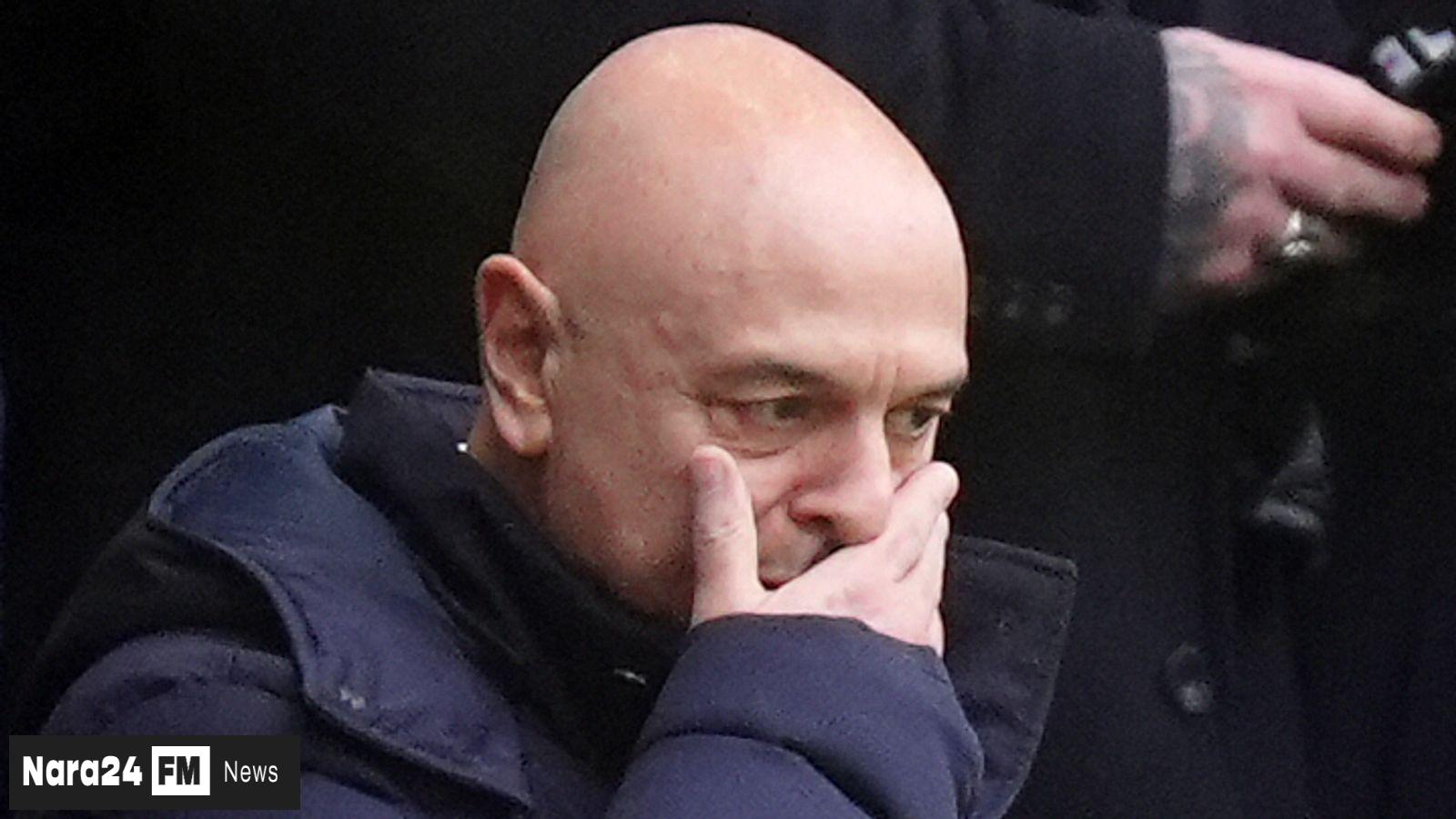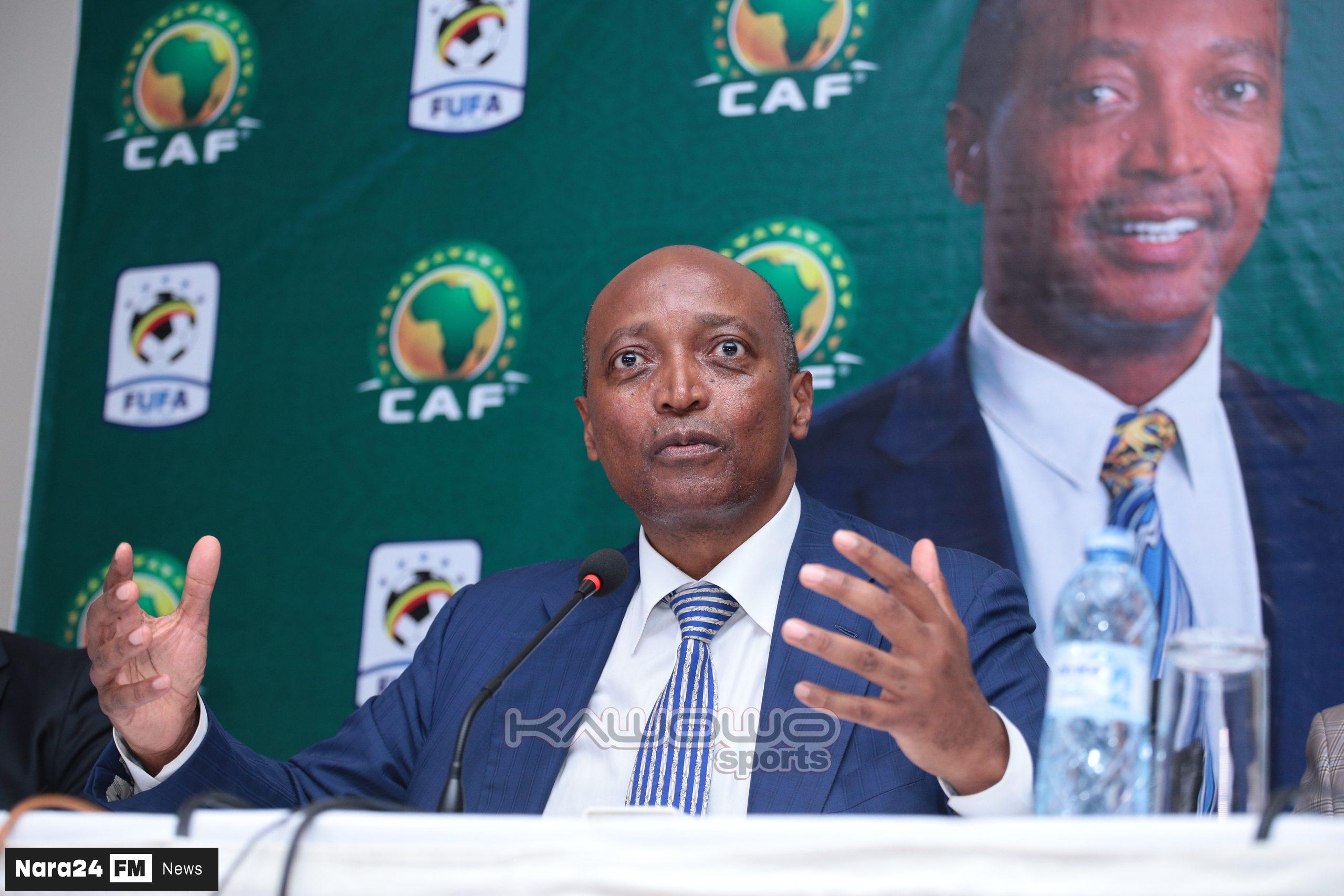Tottenham Hotspur has confirmed the unexpected resignation of chairman Daniel Levy, who spent nearly a quarter-century steering the club through financial growth and operational evolution. The announcement has sparked widespread speculation about whether his exit was voluntary or prompted by pressure from the club's owners, Joe Lewis and his family, who believe a leadership overhaul is necessary to achieve greater success on the pitch.
Levy's tenure, while credited with transforming Tottenham into one of the world's most financially stable clubs, was marred by a lack of major trophies. With just two major titles in 25 years, supporters have grown frustrated, especially as rivals like Chelsea accumulated over 20 trophies during the same period. The decision to step down comes amid significant changes at the club, including the appointment of Vinai Venkatesham as chief executive and Peter Charrington as non-executive chairman, signaling a shift toward separating corporate roles for improved governance.
The owners emphasized their gratitude for Levy's contributions but stressed the need for more consistent on-field achievements. Critics argue that Tottenham's cautious approach to transfers and their low wages-to-turnover ratio—42%, the lowest in the Premier League—have hindered their ability to compete with wealthier rivals. While the club boasts elite talent, high-profile missed signings, such as Eberechi Eze this summer, have underscored these challenges. Venkatesham, previously at Arsenal, is expected to bring a more aggressive strategy to the transfer market, though his reputation for firm negotiations suggests a tough path ahead.
As Tottenham looks to redefine its trajectory, the focus now turns to whether the new leadership can balance financial prudence with the ambition required to reclaim glory. Fans remain divided, with some hopeful for change and others wary of potential upheaval. The club's future hinges on its ability to merge its storied history with the modern demands of elite football.








Comments (0)
Leave a Comment
Be the first to comment on this article!